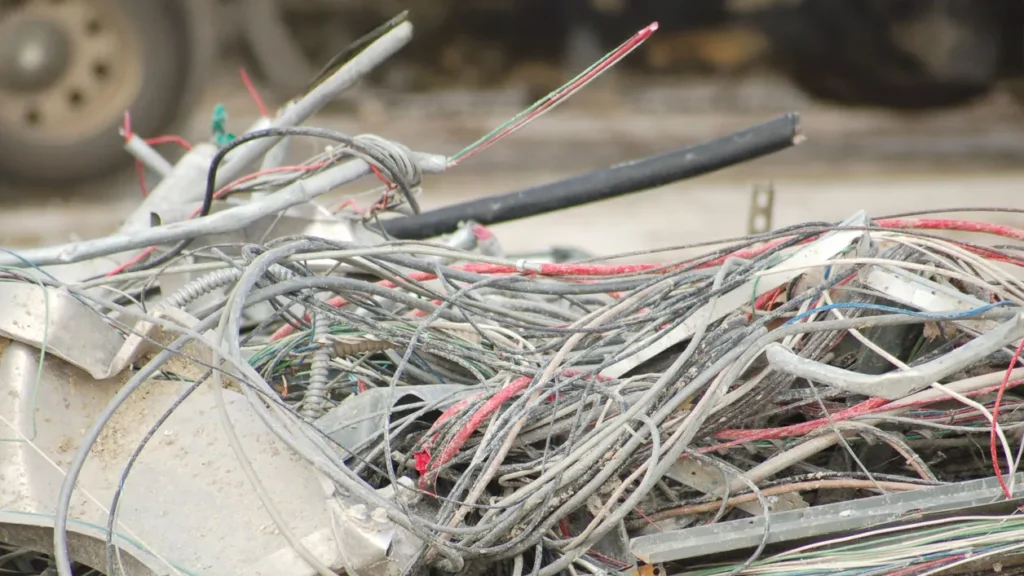There is hardly any region in the country that hasn’t been touched and influenced by broadband connectivity in some shape or form. From coastal cities to small villages in Alaska, America’s cable internet service providers have invested more than $275 billion over the past two decades to build robust broadband networks that reach over 90 percent of U.S. homes. High-speed internet is boosting local economies and giving residents the opportunity to succeed in just about every area of their lives. But there are still areas of the country that do not have access to broadband. For this reason, Congress is working hard to provide funding for broadband deployment in unserved rural areas that need connectivity the most, but do not attract sufficient private sector investment.
This week, Senate Agriculture Committee Chairman Roberts (R-KS), Ranking Member Stabenow (D-MI) and their colleagues passed the 2018 Farm Bill on a bipartisan basis. Their bill includes important reforms to broadband funding programs administered by the USDA Rural Utilities Service — the Rural Broadband Access Loan and Loan Guarantee Program, and the Telecom Infrastructure Fund. The reforms will help prioritize the use of scarce taxpayer dollars to bring connectivity to unserved areas, rather than overbuilding existing networks built with private capital or other government funding.
The changes would direct the RUS to administer funding according to the following:
- The proposed project area for a RUS broadband loan or grant must include at least 90 percent unserved households (up from 15 percent in the 2014 Farm Bill);
- RUS should generally reject requests for funding in areas where there are already two providers offering service at speeds of 25/3 Mbps;
- RUS should work with the FCC and the NTIA to identify, list, and prioritize unserved areas;
- The public and existing providers should be given 30 days to challenge an application for funding by submitting information to show that an area is not eligible for a loan or grant because the households are already served.
Everyone acknowledges that broadband access can change lives by giving Americans access to loved ones, work and jobs, health care, education and entertainment. Ensuring that all Americans have an opportunity to enjoy high-speed broadband access has been a bipartisan priority for years.
The work of the Senate Agriculture Committee is another important step towards reform of federal broadband funding programs to ensure that they are focused on those in rural America who are not yet connected.









